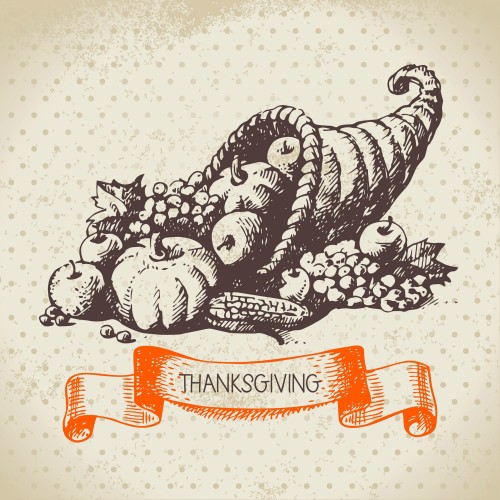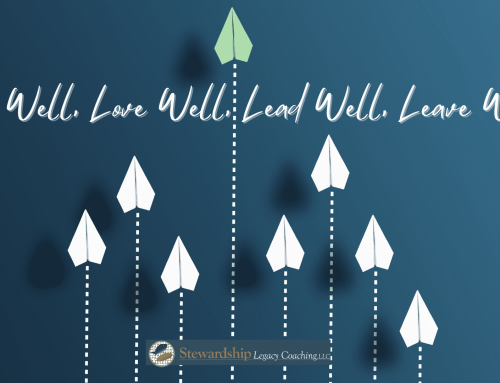One pastor fled for his life. The other two succumbed to death. And the last was left alone to care for the sick and dying all around him. Some might say he was in the wrong place at the wrong time. Yet in a time of tragic loss, this man remained faithful to His God and left a lasting legacy in many ways — the most memorable is his hymn of thanks the world still sings today.
The place was Eilenberg, Germany. The year was 1637, otherwise known as the year of the Great Pestilence. German pastor Martin Rinkart was living through the Thirty Years War (1618 to 1648) and began his ministry as one of only four pastors in Eilenberg. The city became a refuge for surrounding areas, but suffering soon followed the fugitives there. The residents began to experience epidemic, famine and death. And there was lots of it.
By the end of the year, one pastor had fled for his life and the other two passed away. Rinkart conducted their funerals and was left alone to minister to his sick and dying community.
During this time of great sorrow, Rinkart often conducted funerals for as many as 40 to 50 people a day. He also mourned the loss of his wife.
Yet in a world where funerals were more common than births or weddings, Rinkart was able to leave a legacy of thanksgiving in the words of a hymn he wrote for his children:
Now thank we all our God with hearts and hands and voices;
Who wondrous things hath done, in Whom this world rejoices.
Who, from our mother’s arms, hath led us on our way,
With countless gifts of love, and still is ours today.
O may this bounteous God through all our life be near us,
With ever joyful hearts and blessed peace to cheer us,
To keep us in His grace, and guide us when perplexed,
And free us from all ills of this world in the next.
It can be difficult to believe someone can express such gratitude when he just lost so much. But Rinkart had something more lasting than temporal comforts and material possessions. His focus, as evidenced in the last lines shared above, was on the eternal hope of God’s plenteous and present grace as well as the future grace He knew he had with Christ.
Life can be excruciatingly painful at times, but we pray that this same grace that Rinkart knew, will inspire your heart toward thanksgiving this week and always. Your gratitude and faithfulness — even when life is hard — can impact future generations more than you know.






